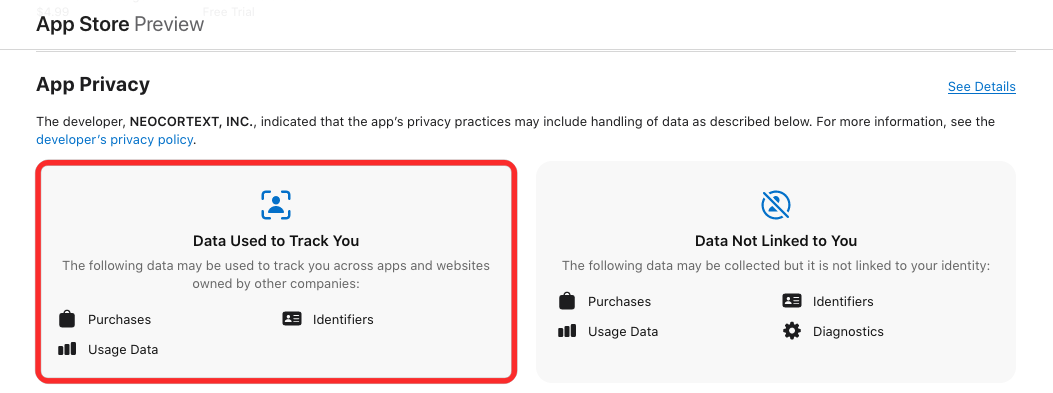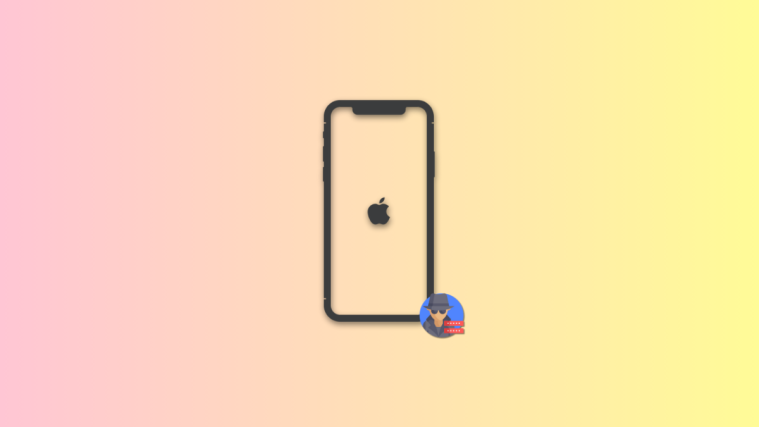Unless you haven’t been on any social platforms lately, you may most definitely have come across Reface – an app that uses AI and machine learning to swap your face with that of a celebrity or a movie star and plays a scene with your face on it. As is the case with any app that can access your photos, the biggest hurdle when it comes to using it relies on how safe it is to share your information with them?
In this, we’ll try to answer that question for you – is Reface safe to use?
Who owns Reface app?
Prior to being a widely-used face-swapping tool, Reface was called Doublicat – an app that was developed by a bunch of Ukrainian developers headed by Dima Shvets, who’s now the CEO of RefaceAI. Although the app was initially developed in Kyiv, Ukraine, the company has since incorporated its business in the US and is managed by NeoCortext, Inc, registered in Delaware, United States.
- Reface app download: Play Store (Android) | Apple App Store (iPhone/iPad)
Since its launch, the app has grown in popularity and has attracted significant investments from venture capital firm Andreessen Horowitz, and creators of the TV show “South Park” – Matt Stone and Trey Parker. Reface is currently registered in the US and follows data protection laws in the US and EU when dealing with the transfer and processing of the data shared with the app.
Related: Who made Capcut? Is CapCut Safe?
What kind of data does Reface collect?
When you use Reface on your phone, the app collects a bunch of data from your device to store and share with other services. Before your know what Reface does to this data, you must know what kind of data the app collects.
- Your photos: When you upload photos from your camera roll, Reface may collect these photos, and for the app the do that, you need to grant it access to your device’s camera and gallery.
- Facial feature data: Other than your photos, Reface can also gain access to your facial feature data. The company claims that this data is solely to make the face-swapping functionality possible and not to extract your biometric data.
- Usage Data: When you’re actively using the Reface app, the service will be able to access your usage data that it can access from your smartphone. This usage data includes your IP address, pages you view and its duration, device and OS info, type and source of your wireless connection, time zone, language, browser type, battery level, and other unique device identifiers that are accessible.
- Cookies: Reface uses session cookies that contain what app or website you open for as long as the app is running. In addition to that, the app also uses pixels, web beacons, and your device storage to know how you use Reface.

If you take a look at the app’s App Store listing, you can find that some of the data that reface collects can be traced back to you. This data can include your purchase history, user ID, device ID, and advertising data.
Related: Is Bitwarden Safe?
How does Reface use data it collects from you?
Now that you know Reface collects more data than just your photos and names, you may be wondering how exactly this data gets used by the service. A quick look at the app’s privacy policy reveals that Reface uses the data it collects to improve its face-swapping functionality, provide you with personalized content, test new features, fix bugs present in the app, and enhance the app’s safety. Although this may seem necessary for the app to function properly, the company also claims that the collected data is also used:
- To monitor what’s trending and get usage analytics
- To provide advertisements based on users’ interests
- To share user data with its partners and affiliates
If the app’s privacy policy can be trusted, you’d feel safe to know that Reface doesn’t use face recognition for grabbing your biometric data. This data, however, isn’t just used for the aforementioned purposes but is also stored and shared with other parties involved with Reface which we’ll get to soon.
Like any app out there, Reface uses other platforms and partnerships to run its services. Because of this, the data that’s collected from a Reface user may be accessed by an employee of the company, its partners and service providers, and the organizations these affiliates are linked to.
In its privacy policy page, Reface has listed some of the organizations and platforms it relies on when dealing with user data.
- Google Analytics is used to collect usage data that may send your targeted ads.
- Amplitude is used to study user behavior to increase app engagement.
- AppsFlyer is used to promote Reface.
Reface also uses Firebase and Sentry but these platforms may/may not use the data that’s collected from the app’s users. The service clearly states that it shouldn’t be held responsible for what third-party platforms do with the data that’s collected. It’s thus important that you make sure what rules apply when you share your data with Reface’s affiliates and how it gets used by them.
In addition to these platforms, Reface may also share your personal information with your region’s law enforcement when requested to do so and may disclose further information if found necessary for investigation purposes.
Does Reface store your data?
Yes. Reface says some of your data will be retained and stored on their servers for as long as it’s deemed necessary for data processing. The app will store the photos you upload for processing for the entire duration of the editing. When a user completes editing a picture, Reface will store this picture for up to 24 hours after completing the edit. After that, this picture will no longer be stored on Reface’s servers.
After this time limit, all photos that you used inside the Reface app will only be stored locally on the app. At any time, a user can choose to remove these photos from their device by deleting them manually from the device’s native file browser or by installing the Reface app on their phone.
Besides photos, Reface also stores your facial feature data for up to 30 days after your last app usage. This means that your facial feature data may be stored on Reface app’s servers for the entire time that you use the application if you’re a constant user of Reface. This data will only be removed from the app’s servers if you stop using Reface for more than 30 days.
All other forms of data that Reface collects, including aggregated, anonymous, and de-identified pieces of information will be retained by Reface for as long as the service deems it necessary.
Related: Is Netflix Party safe?
Can you erase your data or withdraw consent?
Yes. At any time during your usage, Reface reserves you the right to withdraw or erase the data you’ve shared with the app. Depending on how you wish to use the app in the future, you can request Reface to erase your personal data, restrict/object it from getting processed, or withdraw your consent from sharing such data if you feel necessary.
To manage the personal data you share with Reface, you can send an email to hi@reface.app requesting them to restrict or delete any information on you. When your request is successfully processed, Reface will restrict data processing or erase your data completely unless it’s required by your local law agencies.
Final thoughts: Should you use Reface?
In a world where information is wealth, you can say Reface does collect a significant chunk of data when you use its app. The app not only has access to your pictures and facial data but also your personal information (among other things) that may be identified back to you. While there’s no reason to believe that Reface is using this data in a harmful way or selling it to malicious operators, it won’t be the best approach for people who value their data and its privacy.
If you think what Reface asks from you is a little too invasive, you can always stop using the app and request the developers to erase your user data from their servers. You can also try alternatives to Reface like Face Swap Live or check out custom filters on Snapchat and Instagram that provide you with easier ways to swap pictures without downloading an additional app.
If you’re, however, comfortable with how Reface handles your data, you can continue using it without giving it a second thought.
RELATED






